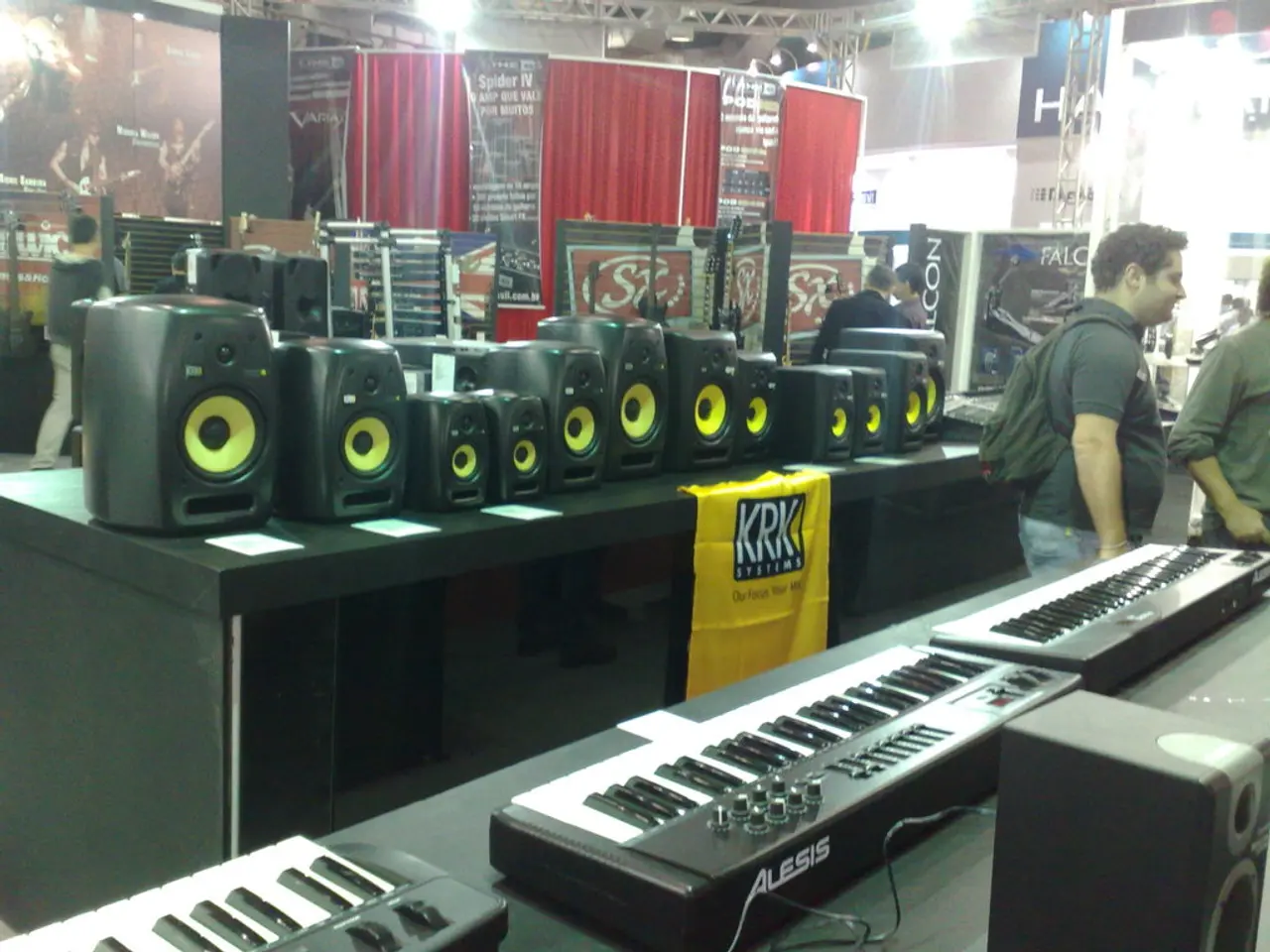Shift in Montenegro's Gaming Industry Regulation
Montenegro has introduced a series of regulatory changes in its gambling sector, aiming to modernize the industry and bring it in line with European Union standards. The reforms, which replace the outdated concession model with permits and real-time digital monitoring, are designed to enhance state control, transparency, and public health protections.
The new regulatory framework includes several key aspects. A modernized licensing system with mandatory digital tracking ensures robust oversight and compliance enforcement, while taxation changes impose a 10% net gaming revenue tax on operators and a 15% personal income tax on player winnings exceeding €300. Advertising restrictions have been tightened, banning gambling advertisements that are misleading or appeal to minors.
Enhanced player identification and safeguards are also central to the new regulations. Mandatory player registration, video verification, and strict measures against underage gambling—including making underage gambling a criminal offense—are intended to protect vulnerable groups such as youth.
The government frames these changes as a public health safeguard to combat addiction and social harms. Finance Minister Novica Vuković has framed the legislative changes as a necessary progression towards a more structured regulatory environment, aiming to secure a fair share of the sector's economic value for public resources.
Some gambling operators have expressed opposition to the reforms, criticizing fee increases and restrictions. However, the Finance Minister insists these reforms are necessary to reduce illegal gambling and strengthen governance in the sector.
The revised framework relies on real-time monitoring tools for regulatory oversight. Operators will need to navigate new compliance demands while balancing the cost implications of increased fees and taxes. The government has banned offshore betting platforms and imposed new limitations on payment methods, primarily restricting transactions to card payments or in-person transactions.
The legislation criminalizes gambling by individuals under the legal age and includes mechanisms for licence revocation, which some believe could introduce uncertainty in the regulated market and impact operator participation. Gambling advertisements on television and radio are now restricted to the hours between 6 a.m. and 10 p.m.
The changes are a response to calls from international bodies, such as the European Council, for stronger anti-money laundering measures and improved fiscal transparency. Montenegro has introduced a new licensing system to replace the traditional concession model in its gambling sector, addressing long-standing gaps in oversight.
The approach towards gambling regulation highlights a shift towards proactive governance, aligning with a broader international trend. Marketing that implies guaranteed returns or free winnings has been prohibited, and advertising regulations have been tightened to promote responsible messaging.
In conclusion, the changes in Montenegro’s gambling regulation are designed to modernize the industry, improve transparency, increase tax revenues, and promote responsible gambling to protect society at large. These reforms are a significant step towards creating a more structured and responsible gambling environment in Montenegro.
Read also:
- visionary women of WearCheck spearheading technological advancements and catalyzing transformations
- Recognition of Exceptional Patient Care: Top Staff Honored by Medical Center Board
- A continuous command instructing an entity to halts all actions, repeated numerous times.
- Nursing home, St. Luke's, bids farewell to Beate Kalowsky after 34 years of service.








